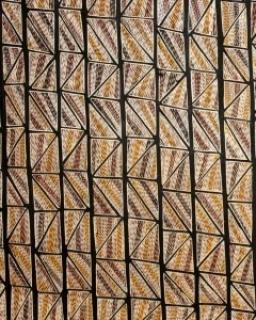
Abstract
The 2019–20 ‘Black Summer’ bushfires were unprecedented in their size, scale, and devastation. It was widely acknowledged that the bushfires disproportionally impacted Aboriginal people both in terms of the population of people affected, and the deep impact felt as people connected to the land. Yet at the height of the crisis, stories emerged of culturally unsafe and unwelcoming relief and recovery services, as well as the uneven responses of emergency services to safeguard and protect cultural heritage. The rupturing of these demographic faultlines exposed Aboriginal people to additional risk and created a distinct Aboriginal experience within the larger bushfire catastrophe – a disaster within a disaster. In response, Aboriginal communities and their organisations rallied, evacuating community members, providing immediate relief and support to communities and families affected, and taking their own steps to protect their cultural and heritage values. This paper brings together these stories, captured through various media articles, reports, submissions and testimony, synthesising the common experiences of Aboriginal peoples and the response of their communities and organisations. It draws attention to deep constitutions of strength and resilience embedded within Aboriginal communities, whilst highlighting the trust deficit now engendered between Aboriginal people and relief and recovery agencies. It finishes by reaffirming the importance of community-controlled and representative Aboriginal organisations in emergency management, response, and recovery in future disasters.
DOI or Web link
https://doi.org/10.25911/V482-AE70File attachments
| Attachment | Size |
|---|---|
| DP_300_Williamson_2022.pdf(1.39 MB) | 1.39 MB |